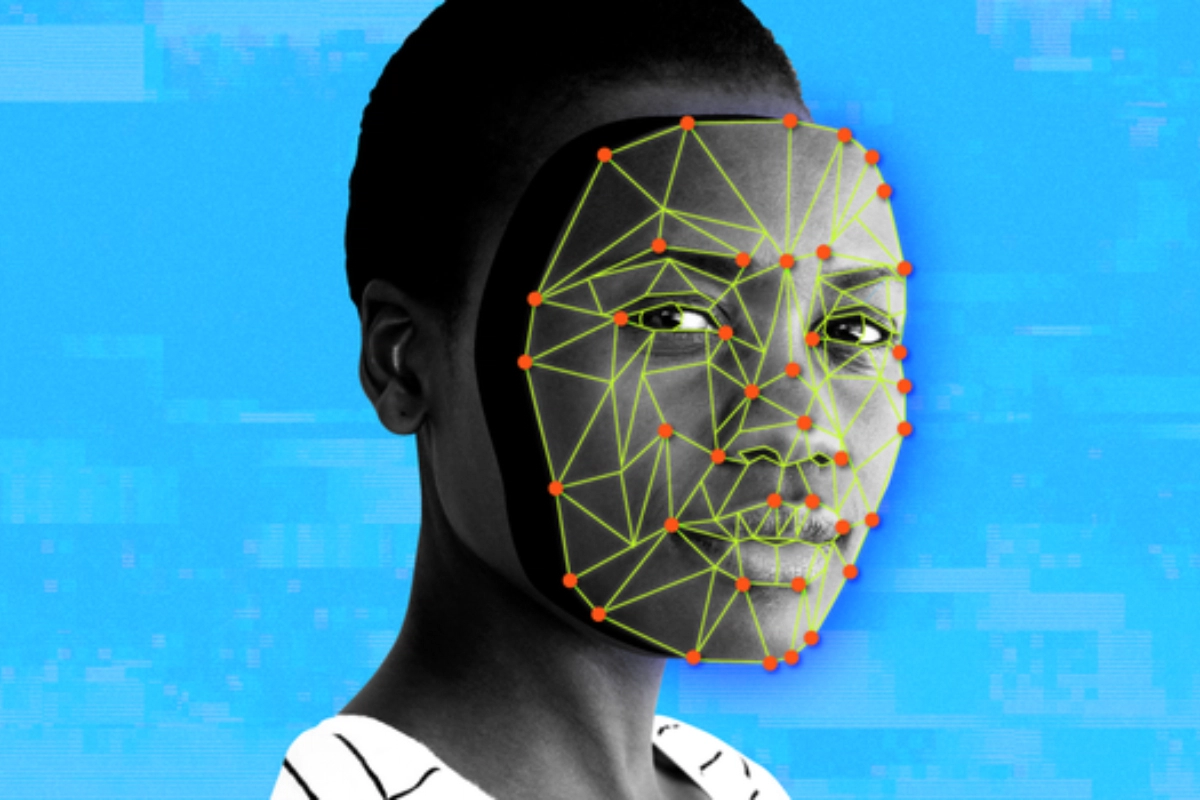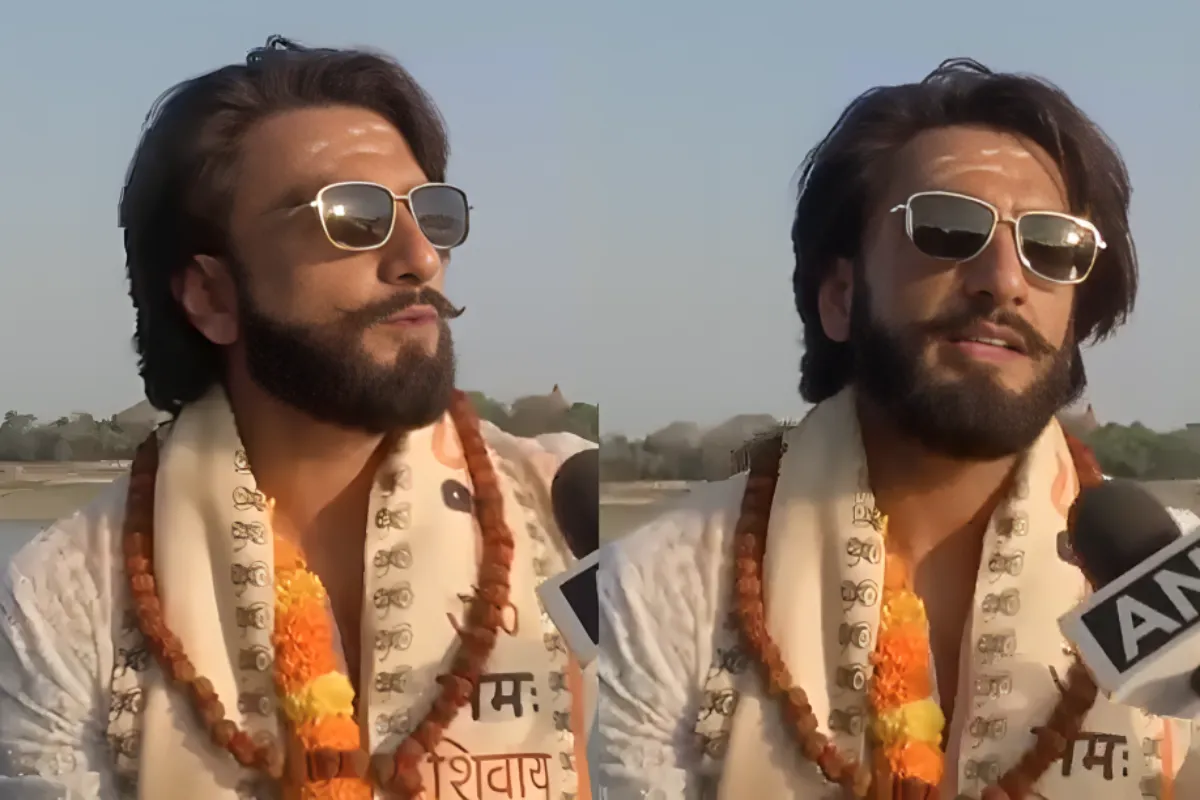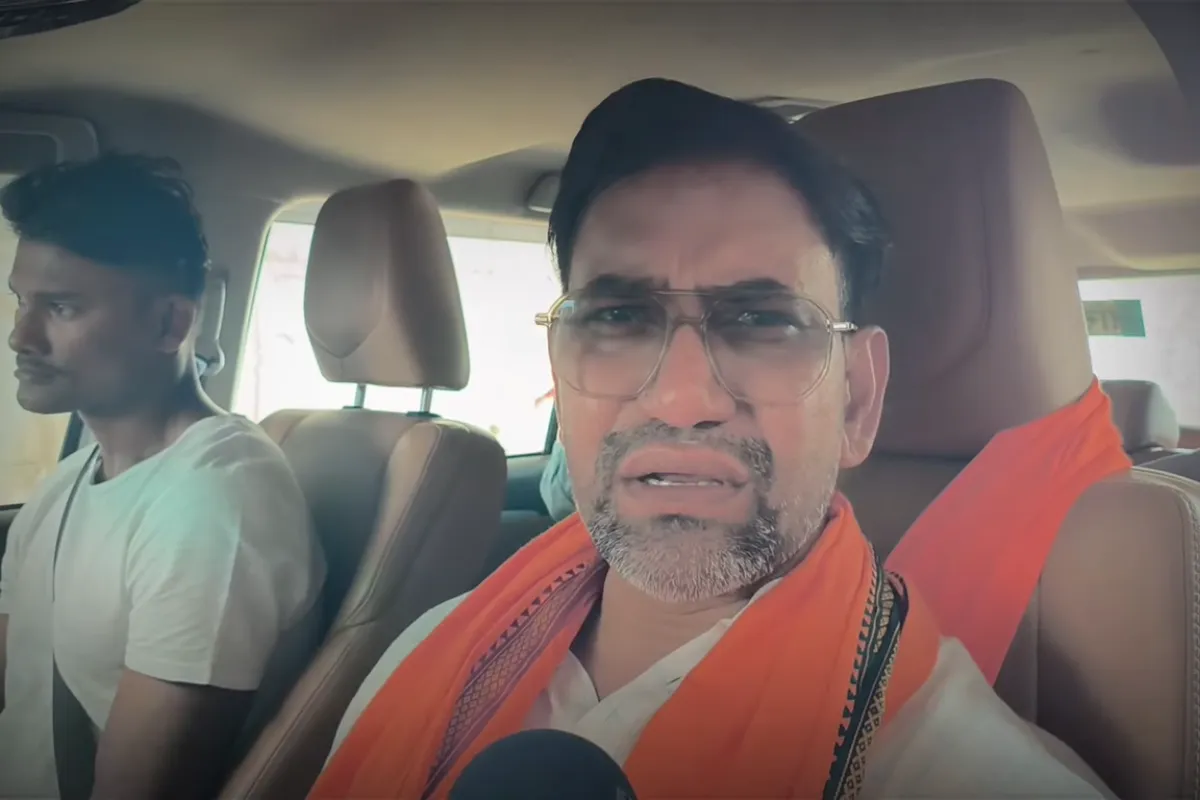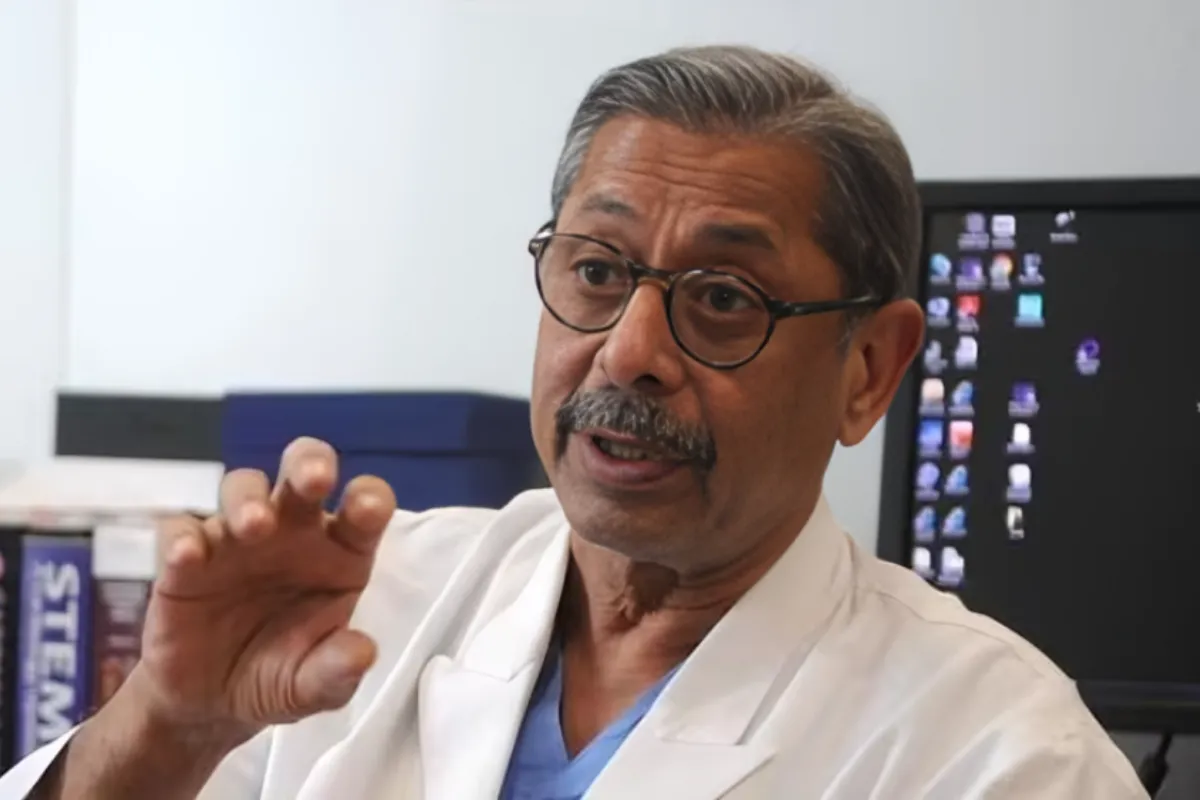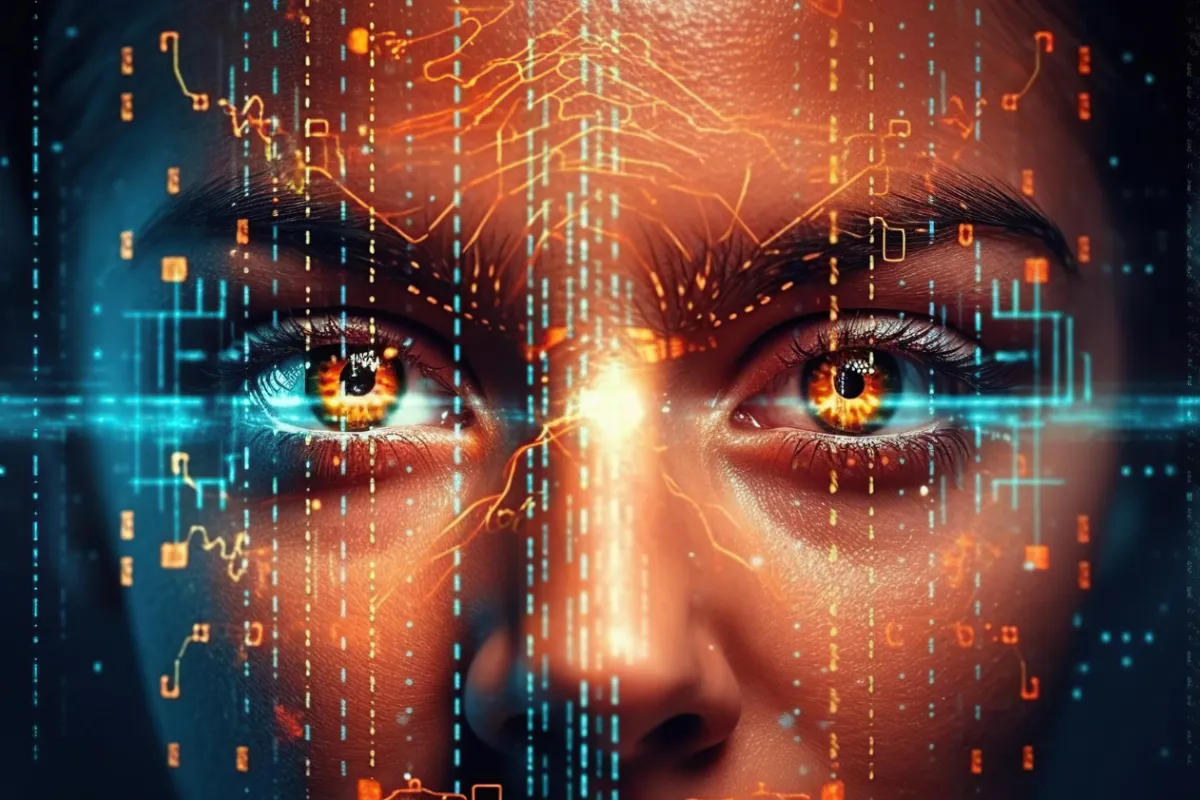Deepfakes: The state of generative AI is now such that it can cause us to question the accuracy of the things we see every day. Video and audio cloning can be used dangerously in electoral campaigns to disseminate false information in a brand-new, potent way. Simply copy any political figure’s voice, place their look over an already-existing video clip, and distribute!
Can Deepfakes impact the upcoming Central Elections?
Deepfakes have already been seen to have negative effects on the world stage. Voters were confused and agitated during the US elections of 2020 as a result of the usage of deepfakes and synthetic media to show politicians in an inaccurate way. More locally, the spread of social media and messaging apps in India may provide an environment that is conducive to the spread of deepfakes, which could worsen communal tensions and divide voters.
The approaching elections in India in 2024 will present special difficulties that will make the country especially susceptible to the growing threat of deepfakes, which is continuing to cloud democratic processes around the world. Deepfakes can be used to manipulate people, thanks to India’s rich range of languages and cultures. The nation speaks a wide variety of languages, which makes it difficult to successfully counteract misinformation because deepfakes can be more effective when created in linguistically diverse environments.
What are deepfakes?
A person’s voice, features, posture, or gestures can be digitally replicated to appear real in a technique known as “deepfake.” This method frequently calls for complex computer programmes and algorithms. It is widely used to give the user a misleading impression through audio or video content. It’s disturbing to learn that hundreds of uncontrolled internet software programmes are available, and anyone can create deepfakes for a few hundred rupees.
Keep watching our YouTube Channel ‘DNP INDIA’. Also, please subscribe and follow us on FACEBOOK, INSTAGRAM, and TWITTER


